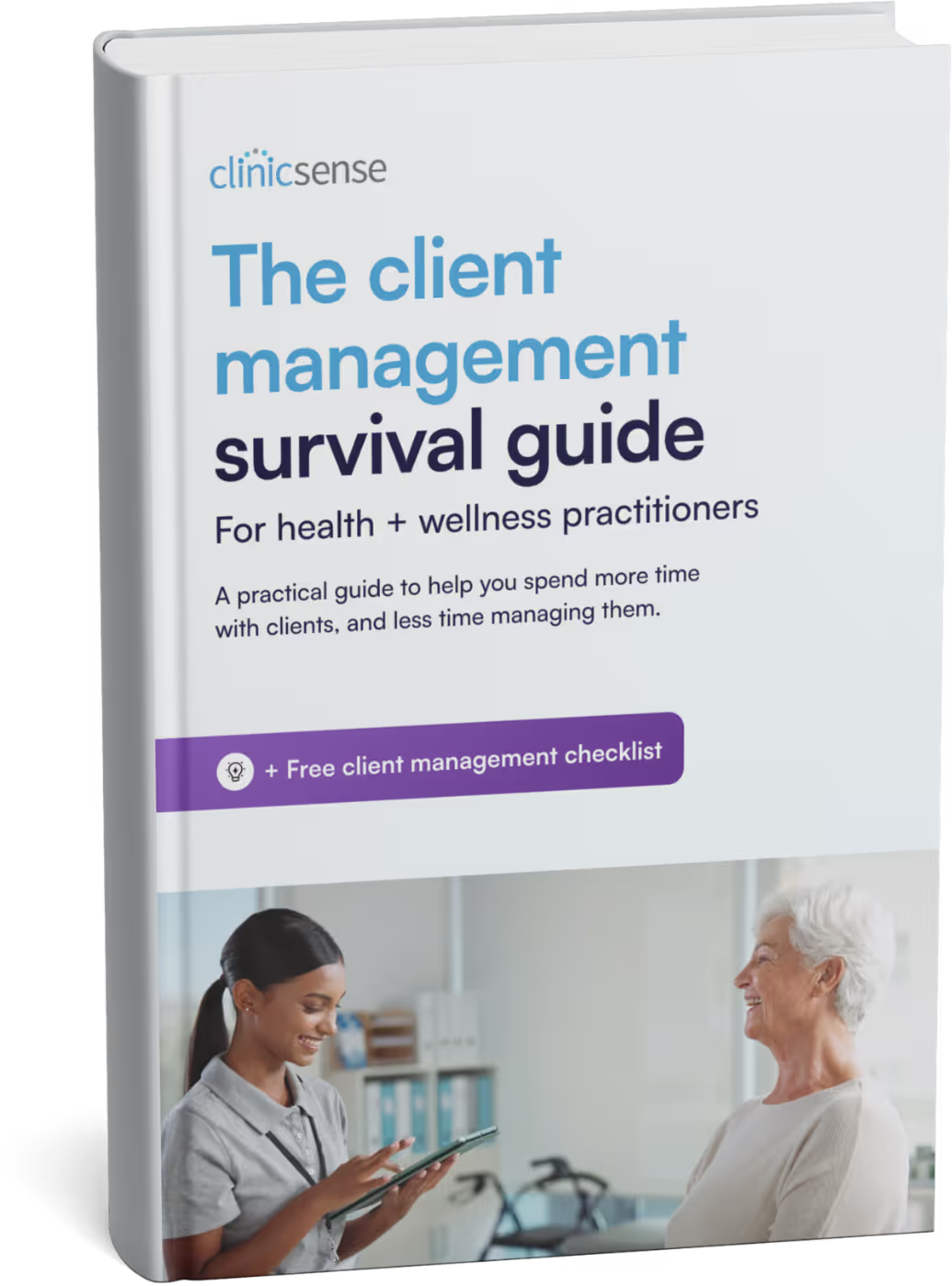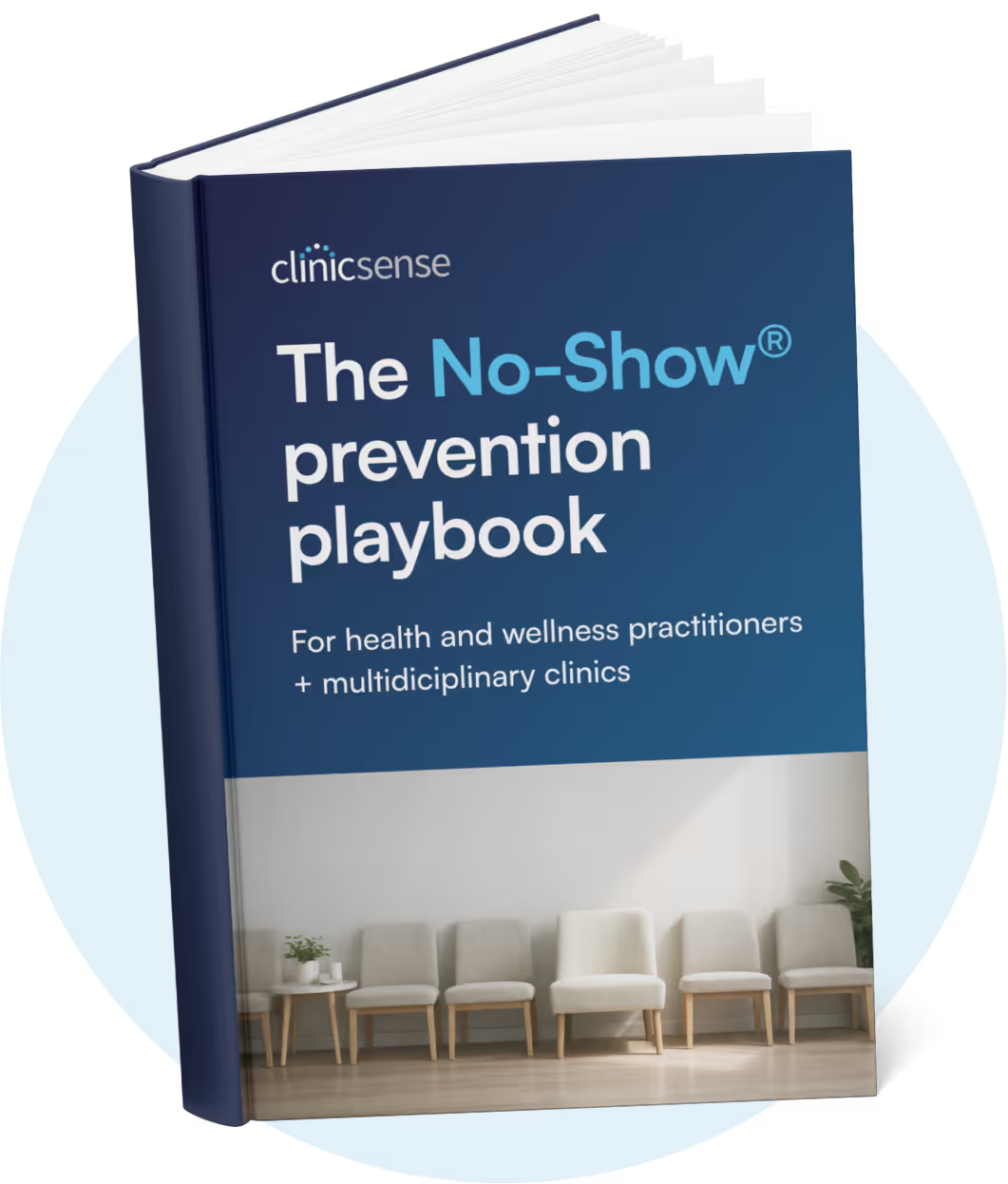Acupuncture Business Tips
October 10, 2024

As a speech-language pathologist (SLP), you're likely seeking ways to grow your career, increase your impact, and stay competitive in this dynamic and evolving field. Advancing your career requires continuous learning and staying current with new research, treatment techniques, and technologies. Whether you're aiming for higher salaries, leadership roles, or deeper fulfillment in your work, investing in your professional development is key.
This article outlines practical steps to help you advance your speech-language pathology career and achieve bothpersonal and professional success.
A speech-language pathologist (SLP) assesses, diagnoses, and treats communication and swallowing disorders in patients of all ages. They work with individuals facing conditions like speech delays, stroke impairments, autism, stuttering, and voice disorders, helping them improve communication and quality of life.
Speech pathologists provide therapy and interventions tailored to each patient's unique needs. This can involve working on articulation, language development, cognitive-communication skills, social communication, and addressing swallowing difficulties. SLPs must posses many professional and personal qualities, and be adept at creating and implementing individualized treatment plans that are evidence-based and adjusted as needed to meet the evolving needs of their patients.
SLPs must engage in ongoing professional development. This involves staying abreast of the latest advancements in speech therapy techniques, research, and evidence-based practices. By continually updating their knowledge and skills, speech pathologists can offer the best possible care to their patients and ensure positive outcomes.
.avif)
A career in speech pathology involves identifying and addressing communication and swallowing issues in individuals of all ages. Speech pathologists create personalized treatment plans, track progress, and adjust therapies as needed. They also provide education and advocate for patients in healthcare and educational settings to support their needs.
Speech pathologists work in various settings, including schools, hospitals, private practices, rehabilitation centers, and research institutions. They may work independently or collaborate with a multidisciplinary team of healthcare professionals like audiologists, occupational therapists, and neurologists, tailoring their role to the needs of each environment.
Speech pathologists' salaries vary based on experience, education, location, and work setting. In 2023, the median annual wage was $89,290, according to the U.S. Bureau of Labor Statistics. Those with advanced degrees or who work in specialized settings, such as hospitals or private practices, often earn more.
A career in speech pathology requires a master’s degree, covering subjects like phonetics, anatomy, and language development, along with clinical practicum experiences. Aspiring SLPs must also complete supervised training, pass the national Praxis exam, and obtain state licensure. Additional certifications in specialized areas can further enhance career opportunities.
Becoming a speech pathologist begins with earning a degree in the field, typically at the master’s level, which is the minimum requirement for clinical practice. The academic curriculum for speech-language pathology programs covers phonetics, anatomy and physiology of speech, language development, neuroanatomy, and clinical practicum experiences. This rigorous education ensures that SLPs are well-prepared to enter the workforce with a strong foundation in theoretical knowledge and practical skills.
In addition to formal education, training in the speech pathology profession is essential. This includes supervised clinical experiences where students work with patients under the guidance of experienced clinicians. These experiences are invaluable for developing clinical skills, gaining confidence, and applying classroom knowledge to real-world situations.
Becoming a licensed SLP also involves passing a national examination, such as the Praxis exam in speech-language pathology, and obtaining state licensure. Many SLPs pursue additional certifications in specialized practice areas, such as swallowing disorders (dysphagia), augmentative and alternative communication (AAC), bilingual speech-language pathology or other online SLP programs. These certifications can enhance an SLP’s expertise and open doors to new career opportunities.
Continuing education and career advancement in speech-language pathology are not just options but essential for those who wish to excel in the field. Climbing the career ladder as an SLP offers several key benefits:
1. Enhances Knowledge & Skills
Continuing education allows you to stay updated on the latest research, techniques, and technologies in speech therapy. This improves your clinical skills and broadens your understanding of the field, enabling you to provide the best patient care.
2. Boosts Confidence In Your Abilities
As you gain more knowledge and experience, your confidence as a practitioner will naturally grow. This increased confidence translates into better patient interactions, more effective therapy sessions, and a stronger professional presence.
3. Improves Patient Outcomes
Advanced knowledge and skills lead to more effective treatment plans and interventions, improving patient outcomes. You can offer your patients the most innovative and effective therapies by staying current in your field.
4. Increases Job Satisfaction
As you advance in your career, you may find greater job satisfaction in taking on new challenges, leading teams, or specializing in a particular area of speech pathology. The sense of accomplishment that comes with career growth can be highly fulfilling.
5. Open Doors To Leadership Roles
Climbing the career ladder can lead to opportunities in leadership, such as supervisory roles, clinical management, or even owning and operating your private practice. These positions offer higher salaries and allow you to influence the direction of clinical practice and mentor others.

Advancing your career in speech-language pathology requires a strategic approach and a commitment to professional development. Here are some practical tips for climbing the career ladder:
1. Take On Mentoring Roles & Provide Training For Juniors
Mentoring less experienced colleagues is an excellent way to develop leadership skills and establish yourself as an expert. Sharing your knowledge and experience benefits your mentees and reinforces your own learning and professional growth.
2. Gain In-Depth Knowledge Or A Master’s Degree
Continuing your education by pursuing advanced degrees or certifications in specialized areas of speech pathology can differentiate you from your peers and open up new career opportunities.
3. Build Trust & Strong Relationships With Clients
Establishing strong rapport with your clients is crucial for successful therapy outcomes. Trust and communication are the cornerstones of any therapeutic relationship, and by fostering these with your clients, you build a reputation for excellence that can lead to referrals and repeat business.
4. Look For Supervisory Roles & Apply for Them
Supervisory and managerial positions offer the opportunity to lead teams and shape the practice of speech pathology within your organization. When such positions become available to apply—these roles can be a significant step forward in your career.
5. Network, Attend Conferences & Join Professional Organizations
Networking is a powerful tool for career advancement. By attending conferences, joining professional organizations like the American Speech-Language-Hearing Association (ASHA), and connecting with colleagues, you can stay informed about industry trends, find mentorship opportunities, and discover job openings.
6. Build Relationships Within The Field & Seize Mentorship Opportunities
Developing strong professional relationships is key to career growth. Seek mentors who can provide guidance, job referrals, and collaborative project opportunities. Being part of a supportive professional network can greatly enhance your career trajectory.
7. Learn to Use Practice Management Software
In today’s healthcare environment, being proficient in practice management software like ClinicSense helps streamline administrative tasks, improve patient care, and enhance the efficiency of your practice. Mastering these tools can make you a more effective clinician and a valuable asset to any organization.
One of the most rewarding aspects of a career in speech-language pathology is the profound impact you can have on the lives of your patients. SLPs are vital in helping individuals overcome communication and swallowing challenges, enabling them to lead fuller, more independent lives.
Consider the joy of helping a child say their first words, the relief of assisting a stroke survivor in regaining the ability to eat a meal after months of relying on a feeding tube, or the satisfaction of seeing a patient with a stutter speak fluently for the first time. These are life-changing moments that SLPs help facilitate, and they are a testament to the significant impact speech pathologists have on the lives of their patients and their families.
The work of an SLP is not just about treating disorders; it’s about empowering individuals to communicate effectively and confidently, enhancing their quality of life. Whether you’re working with a child in a school setting, a senior in a nursing home, or an adult recovering from a traumatic brain injury, the positive changes you help bring about are immeasurable.
Advancing your career in speech-language pathology is a journey that requires dedication, continuous learning, and a passion for helping others. By taking on leadership roles, pursuing further education, building strong professional relationships, and staying current with the latest developments in the field, you can climb the career ladder and achieve both personal and professional fulfillment.
As you progress in your career, remember that the ultimate reward is the difference you make in the lives of your patients. Every step you take to advance your career is a step toward improving the quality of care you provide and the outcomes you achieve. Ultimately, your impact on your patient’s lives is the greatest measure of success in speech-language pathology.
Ready to level up you practice with an all-in-one practice management software? Try ClinicSense free today!


.avif)











For 14 days